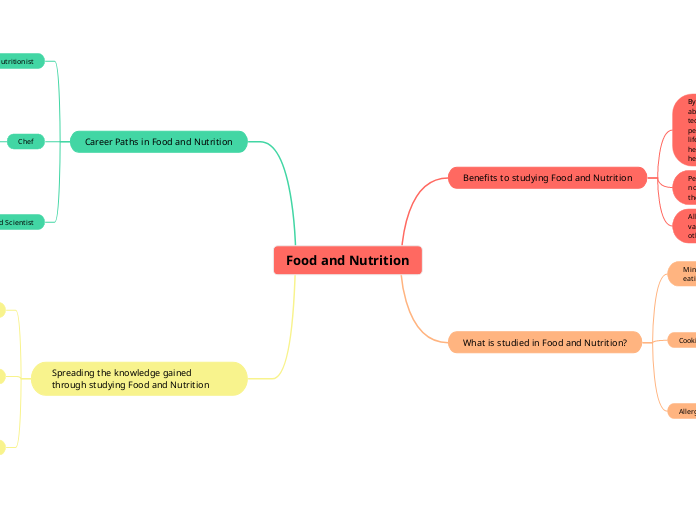by Anthony Baptiste-Calliste 1 year ago
77
Food and Nutrition
Food and Nutrition education can be disseminated through various methods, including providing free and easy healthy recipes, which can cater to dietary restrictions and ingredient accessibility.









